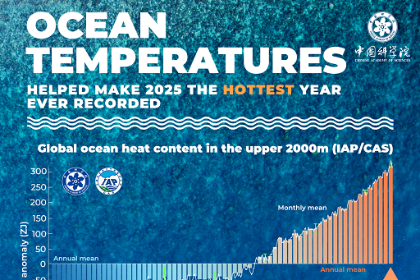US insists on playing its zero-sum game in Asia: China Daily editorial

By renaming the US Pacific Command the US Indo-Pacific Command, Washington is sending an unmistakable message that it wants to use its Indian Ocean allies and partners to contain China.
The change of name was announced by US Secretary of Defense James Mattis on Wednesday in Hawaii, the command's headquarters, and his remarks and those of outgoing commander Admiral Harry Harris made it clear that this is because of China.
Harris described China as the biggest long-term challenge to the United States, and said that it required the "focused involvement and engagement" of the US and its allies and partners to prevent China realizing "its dream of hegemony in Asia".
Clearly for some the Cold War never ended.
Although it is just a change in name and involves no fundamental shifts in the deployment of US military assets, it's a recognition of the increasing importance Washington attaches to the Indian Ocean, and to India as a buyer of arms.
It also shines a spotlight on the US' outdated strategic thinking, which views international relations as a zero-sum game. Its willful erasing of Asia, with its many cultures and peoples, shows that its strategy is intended to maintain its own hegemony rather than for the good of the region. A judgment based more on hope than reason.
Given its confrontational nature, there should be no surprise that countries in Asia are worried that the strategy will only serve to stir up turbulence in the region.
The US stance is having a malign influence in Asia as it is undermining the concerted efforts being made by countries in the region to work together for its development.
China has repeatedly said the Pacific Ocean is big enough to accommodate both China and the US. It has no intention or desire to engage in great power competition with the US either in the Asia-Pacific or elsewhere.
But the US practice of stubbornly clinging to the strategic misperception of viewing China as an adversary means China has no choice but to prepare for the worse.
But from scrapping multilateral agreements to imposing tariffs on trade partners and allies, the unilateral moves taken by the Donald Trump administration have provoked a strong backlash from other countries, including its allies. This does not bode well for the US' Indo-Pacific strategy, which is likely to run aground on the rocks of Trump's America-first-and-only approach to international affairs.
Today's Top News
- China to beef up personal data protection in internet applications
- Beijing and Dar es Salaam to revitalize Tanzania-Zambia Railway
- 'Kill Line' the hidden rule of American governance
- Warming of oceans still sets records
- PBOC vows readiness on policy tools
- Investment boosts water management





























